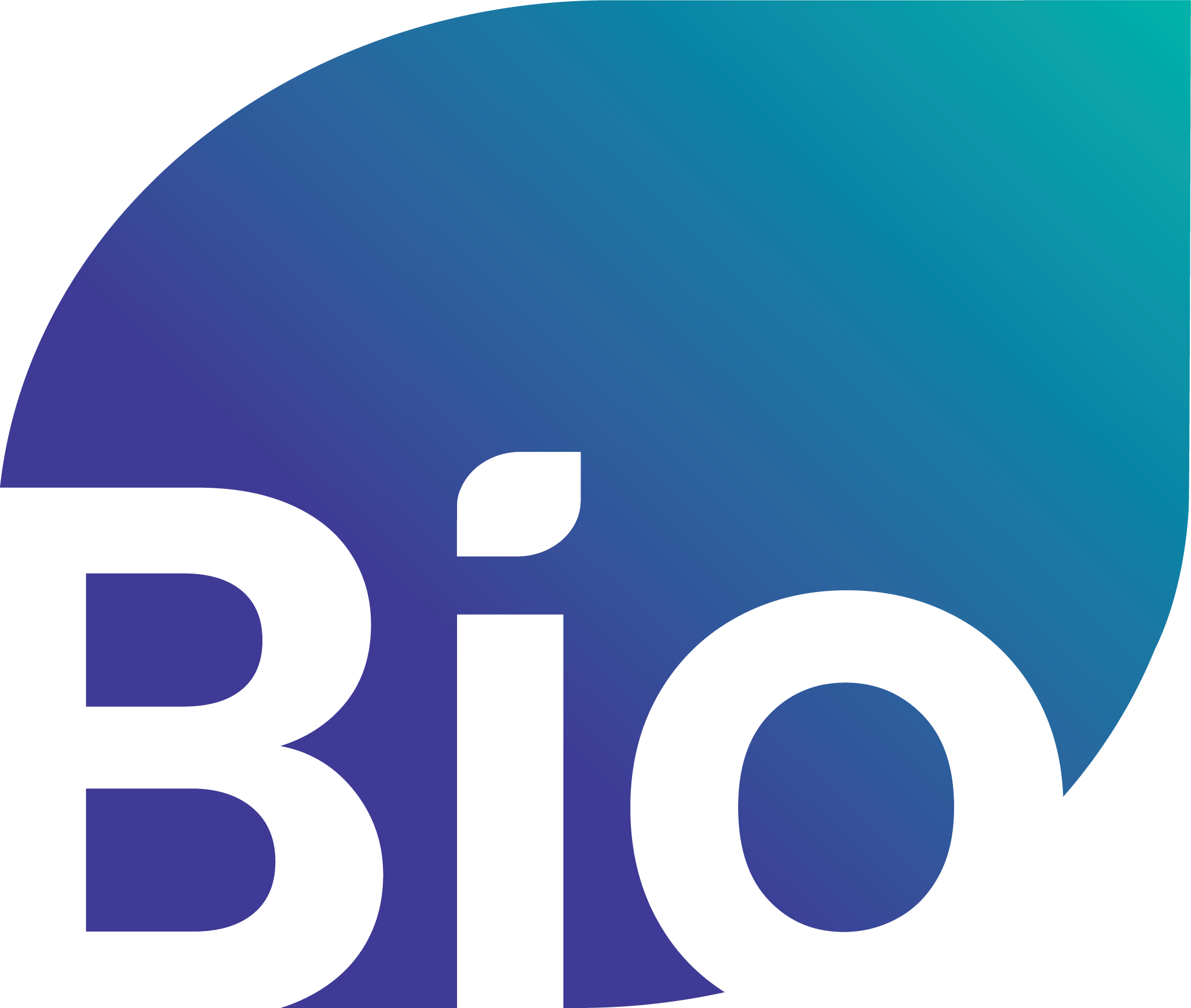A clinical trial is a research study that looks at ways of preventing, detecting, and treating disease. The primary goal is to find out whether a new drug, medical device, diagnostic test, or surgical procedure is both safe and effective in people. A clinical trial can compare a new medical approach to a standard treatment, which is a common treatment for a particular disease. A trial can also compare against a placebo, which is designed to look like a treatment but does not have any medicine in it.
In Phase 1 trials, researchers test a new drug or treatment in a small group of usually healthy people (20-100) for the first time to evaluate its safety and determine a safe dosage -- or the amount or frequency of a drug.
In Phase 2 trials, the drug or treatment is given to a larger group of people (generally 100-300) to see if it is effective and identify side effects -- or undesired reactions to a drug.
In Phase 3 trials, the drug or treatment is given to large group of people (generally 1,000-3,000+) to confirm its effectiveness, monitor for less common side effects, and determine benefits for specific populations. If the drug proves safe and effective after Phase III trials, the FDA will often approve it for sale.
In Phase 4 trials, longer-term studies, conducted after medicine is approved, provide additional information across several thousand people on the drug or treatment's risks, benefits, and best use.
Sometimes researchers combine these phases in what is called a "seamless trial," but the study goals remain the same.

